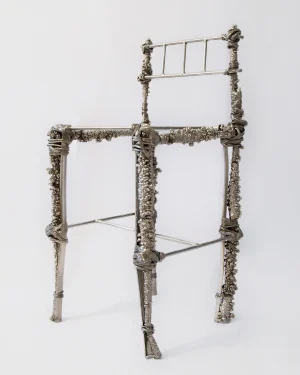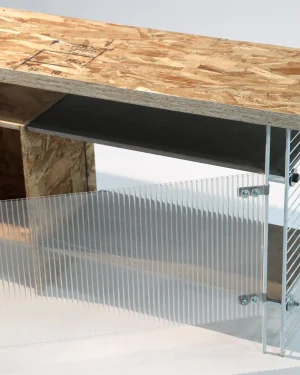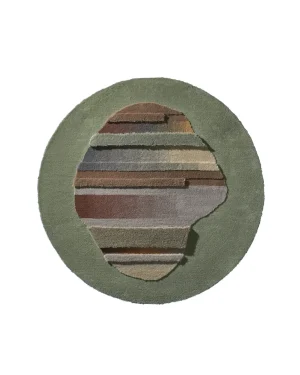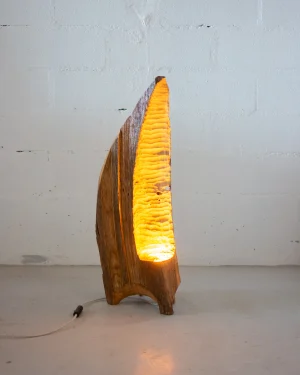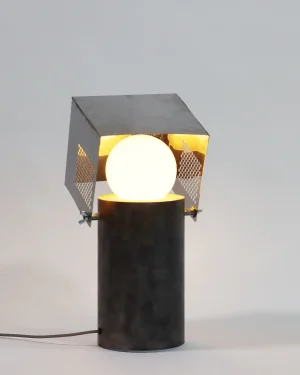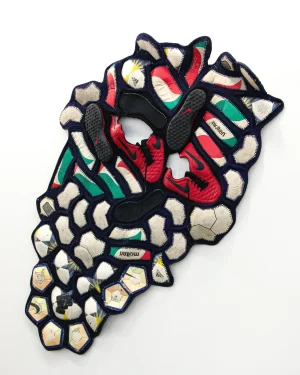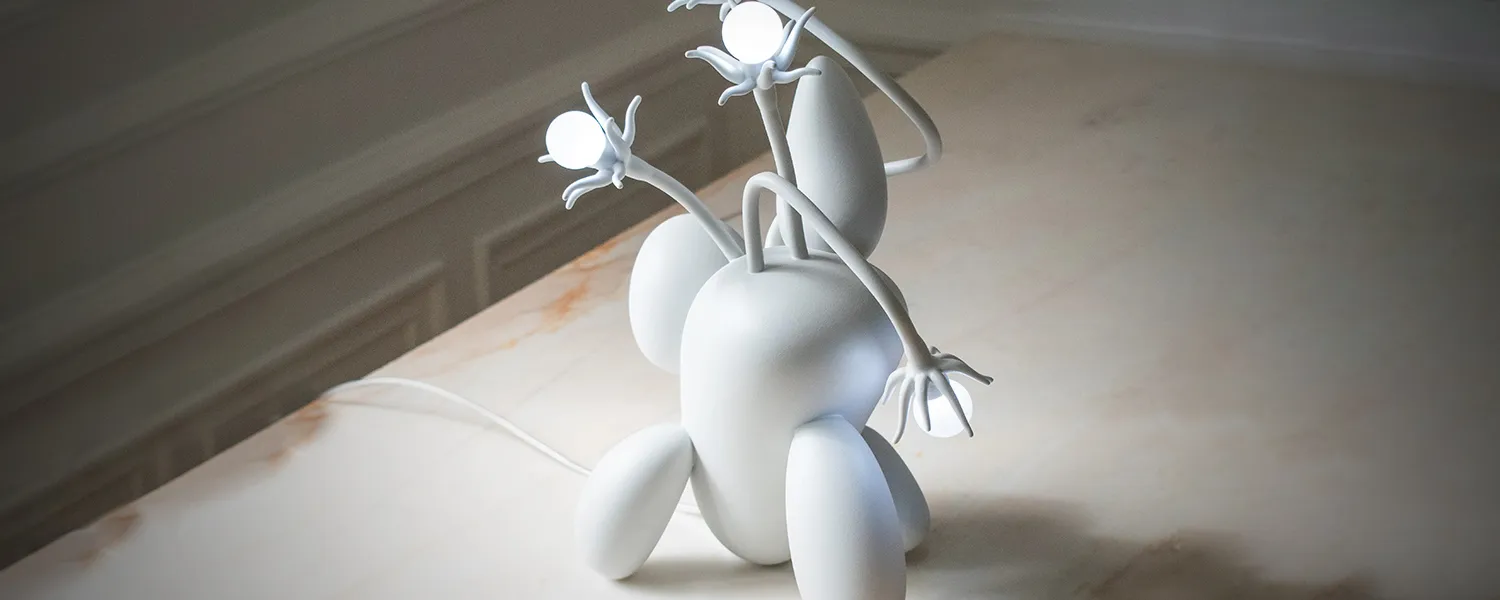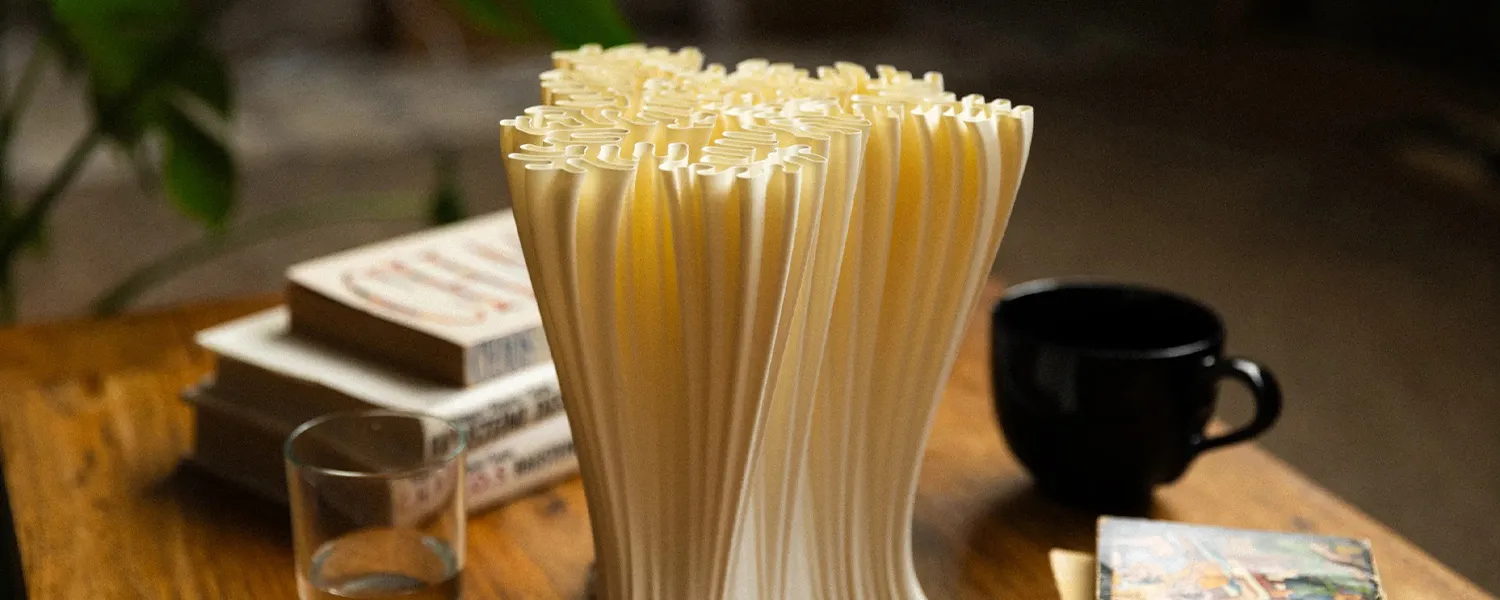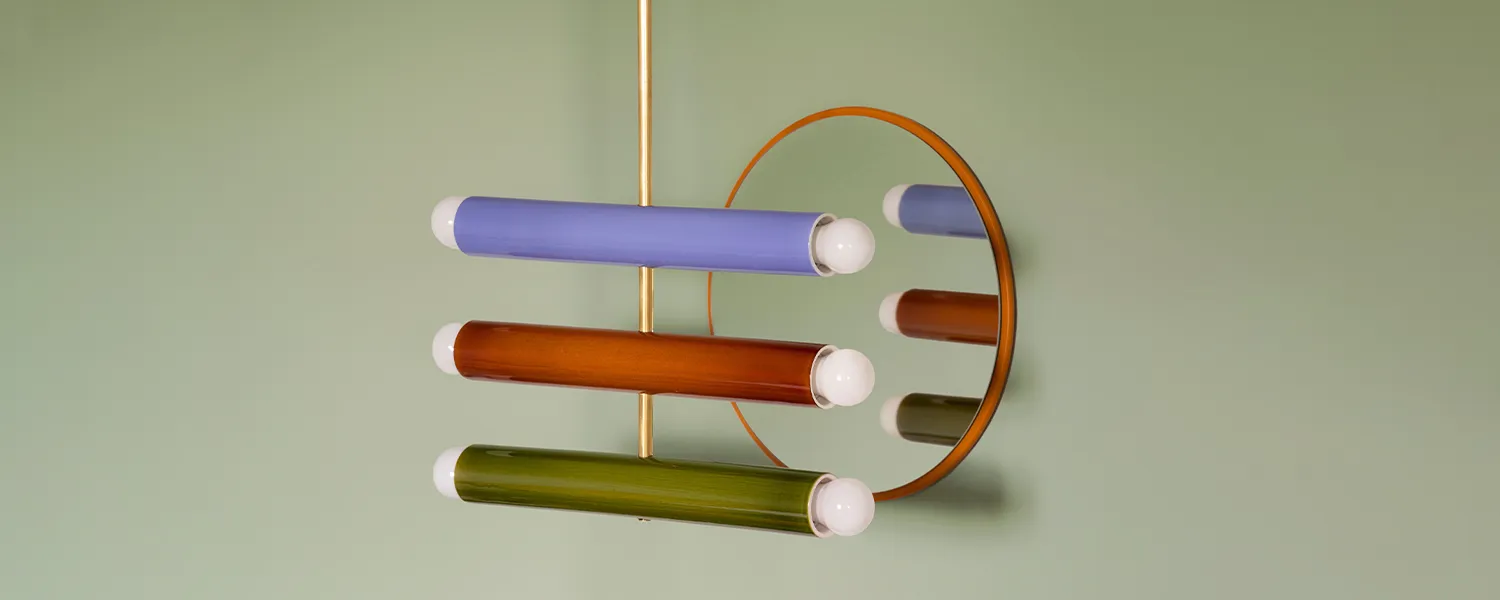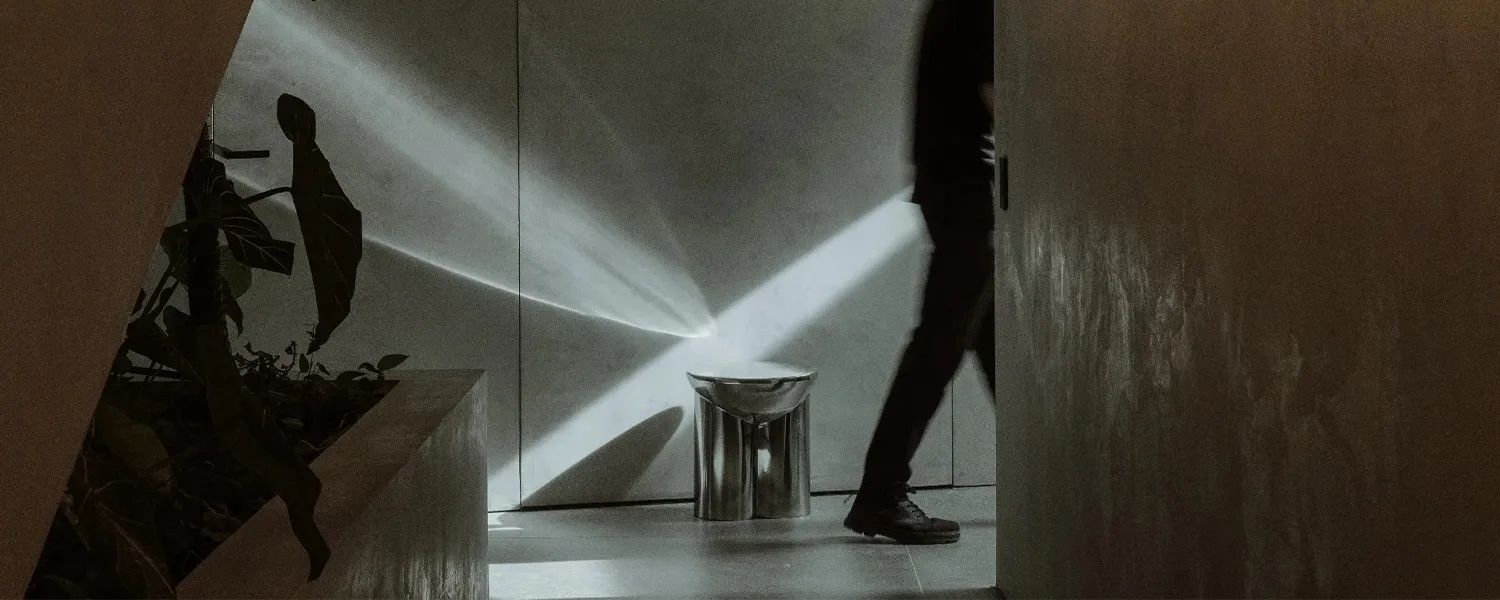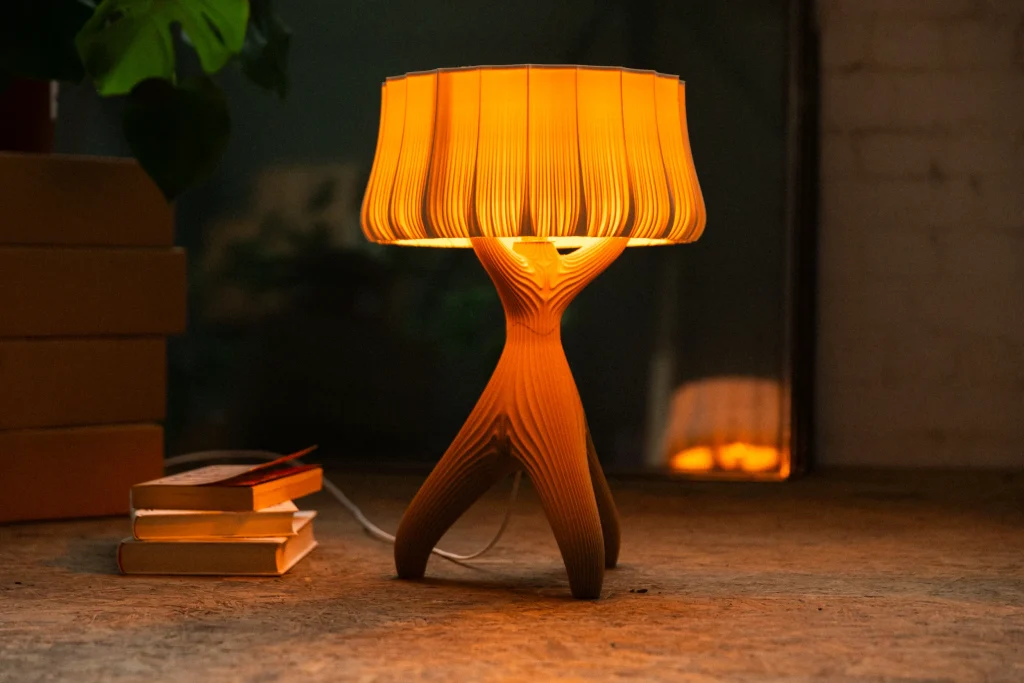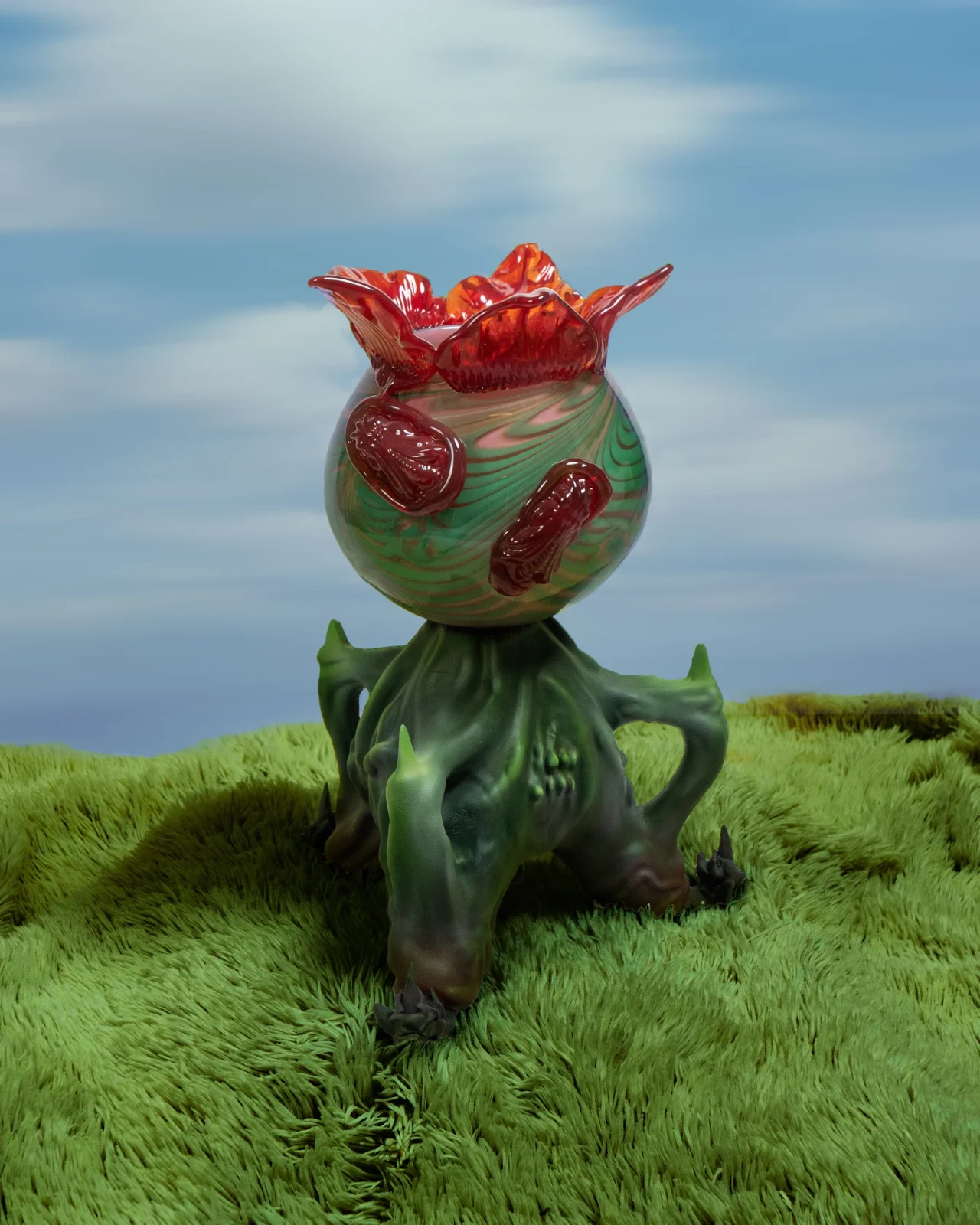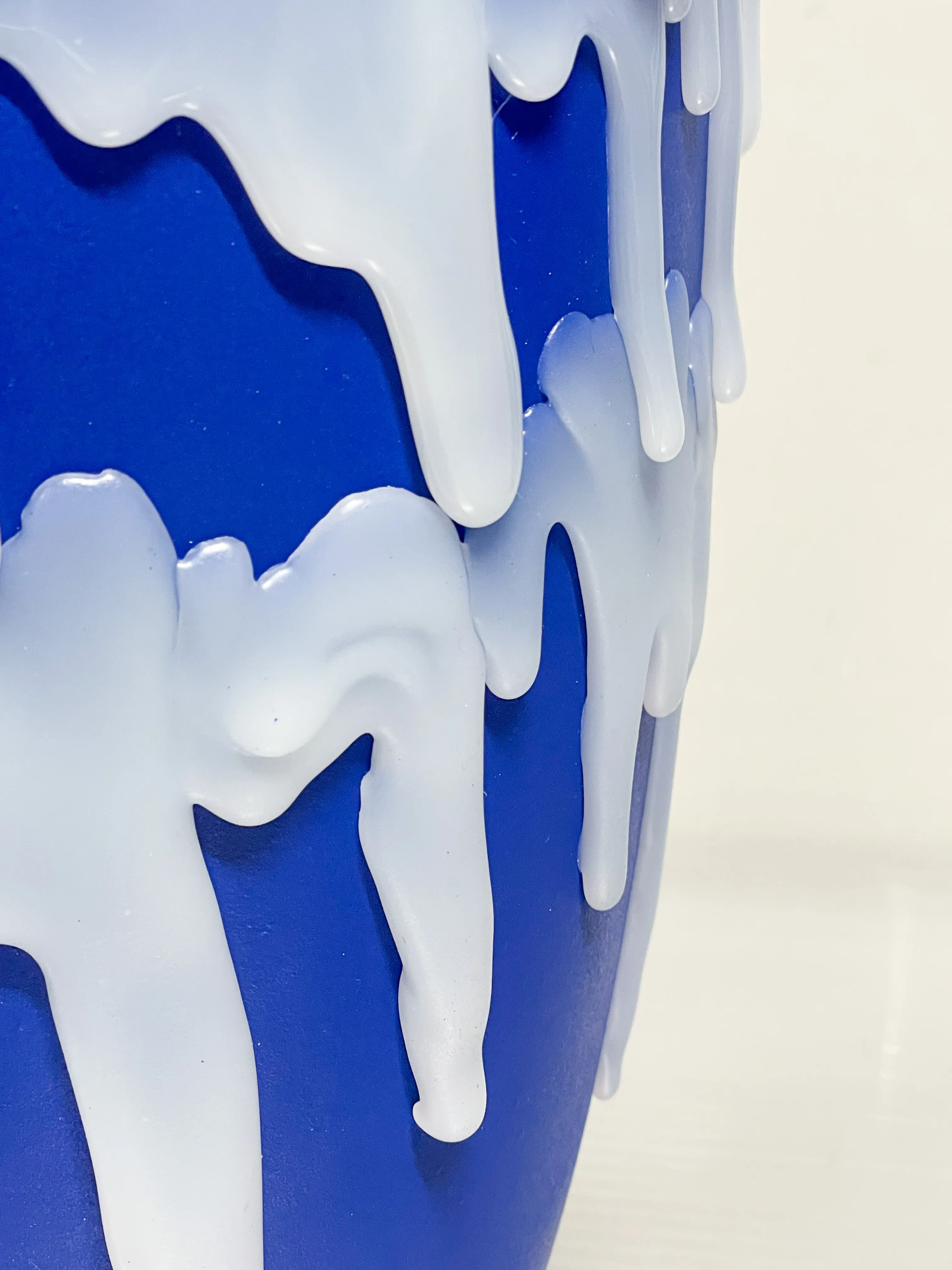
Onwards & Upcycling: Crafting New from Old
In the art world, upcycling is more than just a sustainability trend; it’s a creative force that intersects with various design styles like Space Age, Brutalist, Coastal, and Minimalist. Artists are taking discarded objects and transforming them into works that defy traditional norms. Whether it’s a Space Age sculpture made from old electronics or a Brutalist piece crafted from concrete waste, upcycled art speaks volumes about both creativity and sustainability. This article will delve into the incredible range of upcycled art across these styles, offering inspiration for your own projects. Prepare to see discarded materials as the starting point for your next artistic endeavor.
What is Upcycling and reuse?
Upcycling and reuse extend far beyond recycling’s boundaries. They reimagine the overlooked, bestowing newfound purpose and artistry upon discarded fragmentsFrom Space Age sculptures made from old machine parts to Brutalist wall art created from scrap metal, these methods are versatile. Even Coastal and Minimalist themes can benefit from upcycled materials, like driftwood or reclaimed glass. Artists are expanding their creative horizons while contributing to sustainability. This approach not only reduces waste but also adds a unique, personal touch to the artwork. It’s a win-win for both the environment and artistic innovation.


The Origins of Upcycling and reuse
Upcycling and reuse have roots that go way back, long before they became trendy terms. People have been repurposing items out of necessity for centuries. In art, the concept gained attention in the 20th century, with movements like Dada and Surrealism that used everyday objects in new ways. Artists like Picasso also upcycled, turning things like bicycle seats into sculpture parts. Today, the push for sustainability has made upcycling and reuse more popular than ever. These methods are not just eco-friendly; they also challenge artists to think out of the box, making art that’s both creative and responsible.
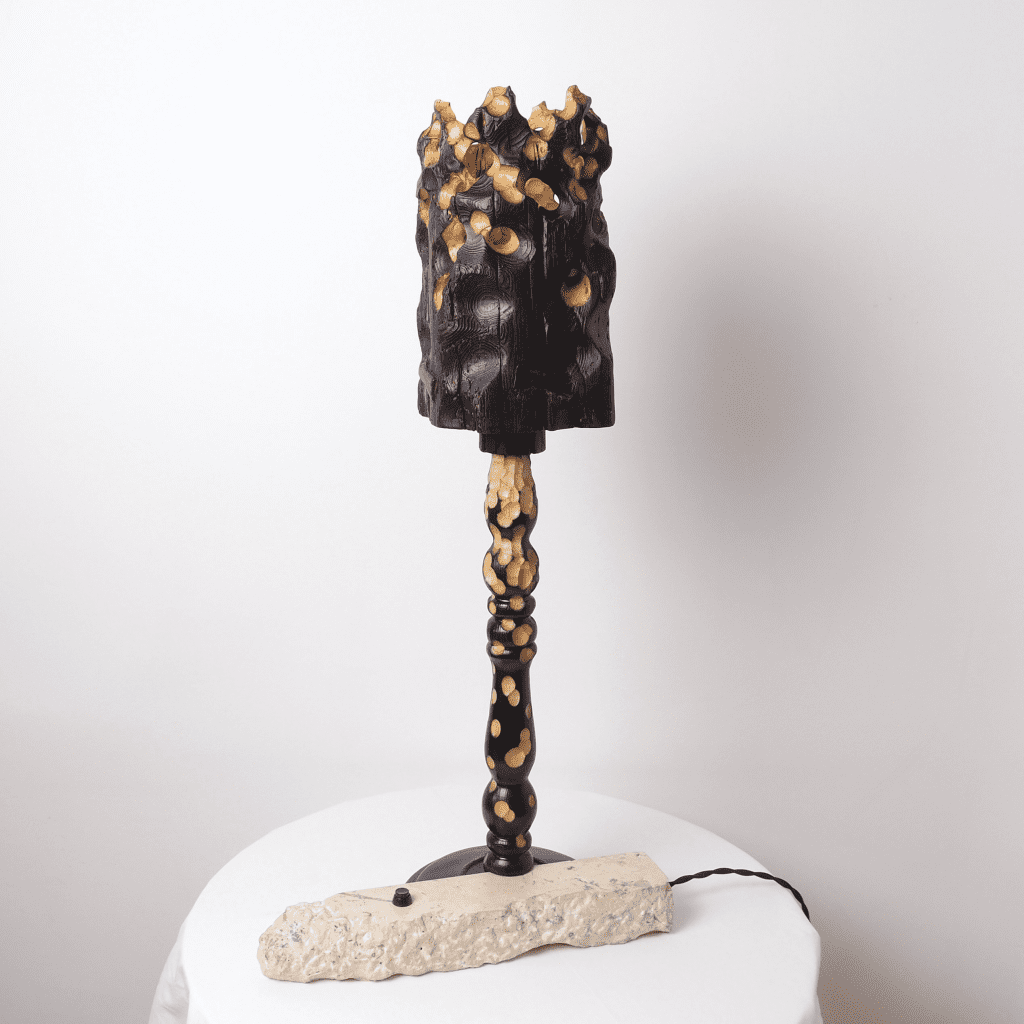

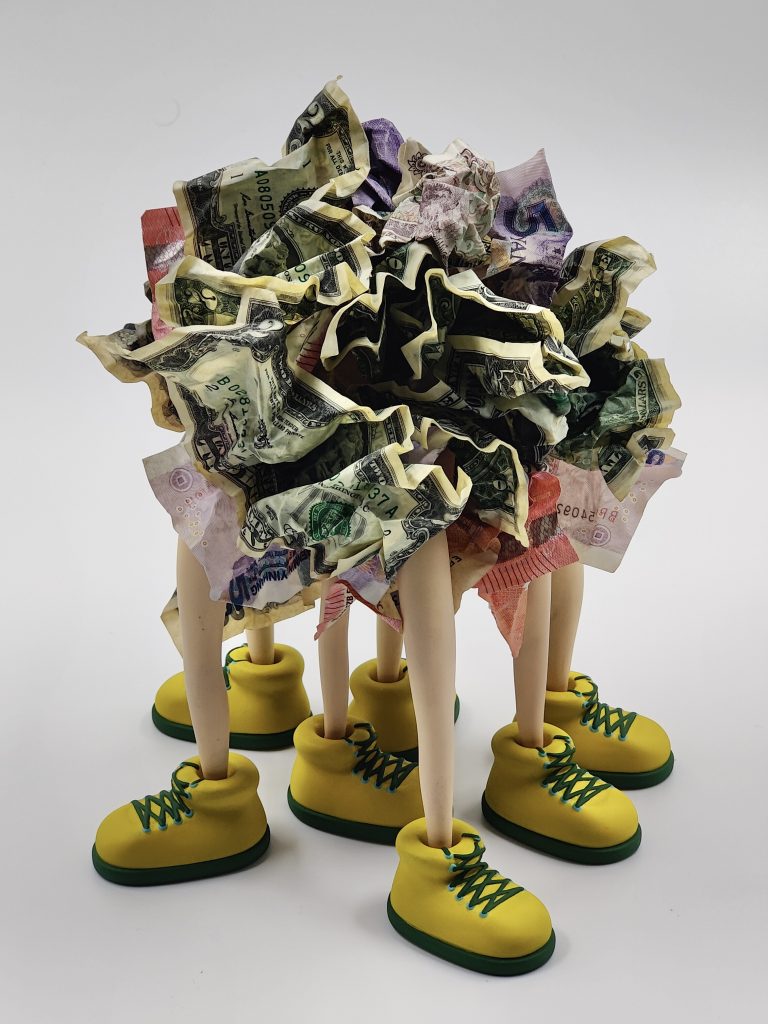

See More Like This: Visit Our Online Gallery of Upcycling and reuse Designs
What Are Popular Upcycling and reuse Techniques?
Upcycling and reuse techniques are gaining traction in the art world, offering fresh perspectives on material use. Furniture flipping is one technique that has gained popularity, involving the repainting and reupholstering of old furniture to give it a new life. Textile art also falls under this category, with artists repurposing old fabrics to create quilts, tapestries, or even wall art. For those interested in Brutalist aesthetics, artists often employ industrial waste, like metal scraps, to construct imposing, textural pieces.
In coastal-themed art, materials like driftwood, seashells, and recycled sea glass often become the medium, capturing the essence of the sea in new creations. Minimalist artists, on the other hand, focus on upcycling materials into pieces that emphasize clean lines and simplicity. Whether it’s space-age art made from repurposed electronics or a piece that incorporates various styles like Brutalist and Minimalist, the core idea remains the same: taking something old and turning it into something new and meaningful.
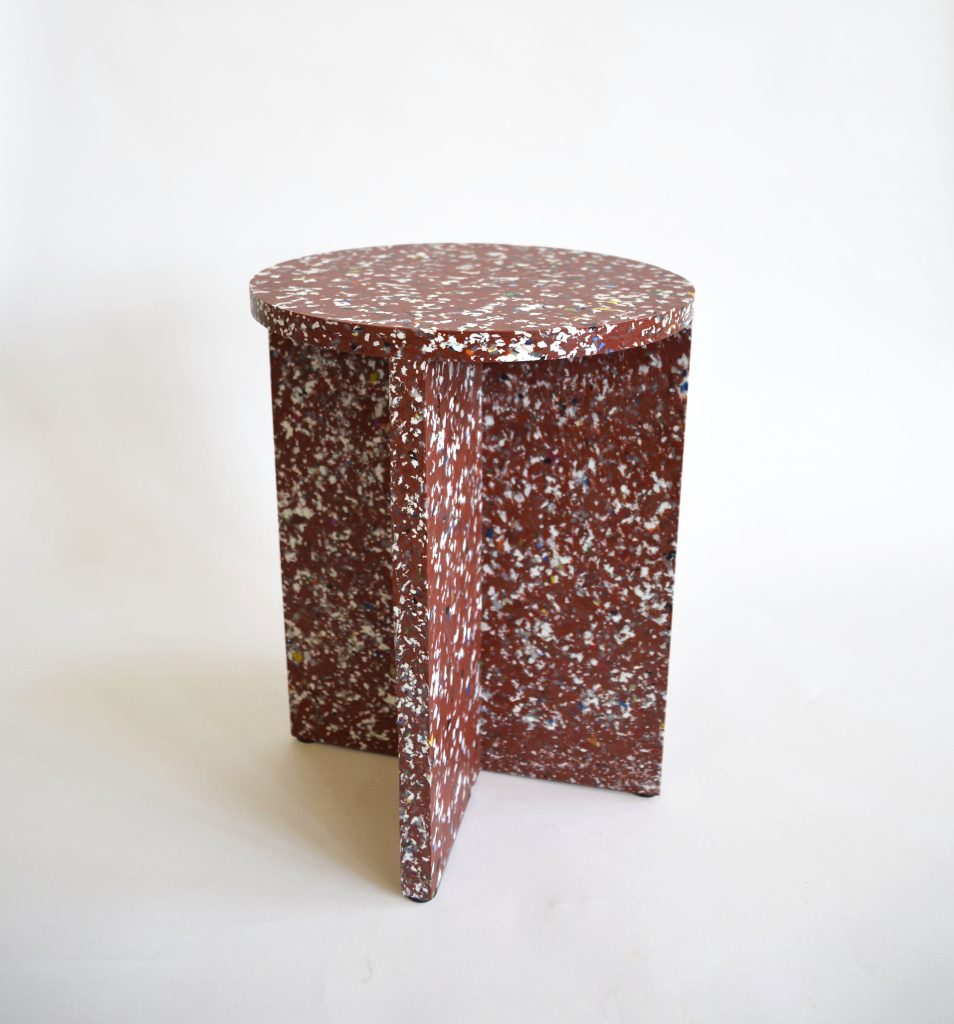

What is the Best Material for Each Upcycling and reuse Technique?
Choosing the right material for your upcycling and reuse art project depends on your desired outcome. For furniture flipping, solid wood pieces often offer the best results due to their durability and ease of modification. For textile art, fabrics like cotton or linen are preferable for their texture and ease of sewing. In Brutalist art, metal and concrete are commonly used, providing the raw, industrial look that defines the style.
For coastal art, naturally sourced materials like driftwood, seashells, and sea glass are ideal. Minimalist pieces often work best with materials that have clean, smooth surfaces like glass or polished wood, to maintain their sleek, simple appearance. Space-age art could benefit from using materials like plastic or metal with metallic finishes to evoke a futuristic vibe. Regardless of the style—be it Coastal, Minimalist, or Brutalist—choosing the material that best suits the technique is key to a successful upcycling project.
Notable Artists within Upcycling and reuse
Artists are taking upcycling and reuse to new heights, creating works that not only impress but also inspire a more sustainable lifestyle. In the realm of Space Age art, artist Leo Sewell is known for his assemblages made from discarded items. His work resonates with a futuristic vision, using waste to create something new. On the Brutalist front, artist Brian Mock turns recycled metals into sculptures, emphasizing the raw, industrial feel characteristic of Brutalist art.
Max McMurdo, a British designer, is famous for his minimalist upcycled furniture and home accessories. In Coastal art, artists like Cindy DeAntonio use found objects from the sea, such as driftwood and shells, to create intricate works that evoke the spirit of the ocean. These artists not only excel in their crafts but also exemplify how upcycling and reuse can be forms of artistic and environmental expression.
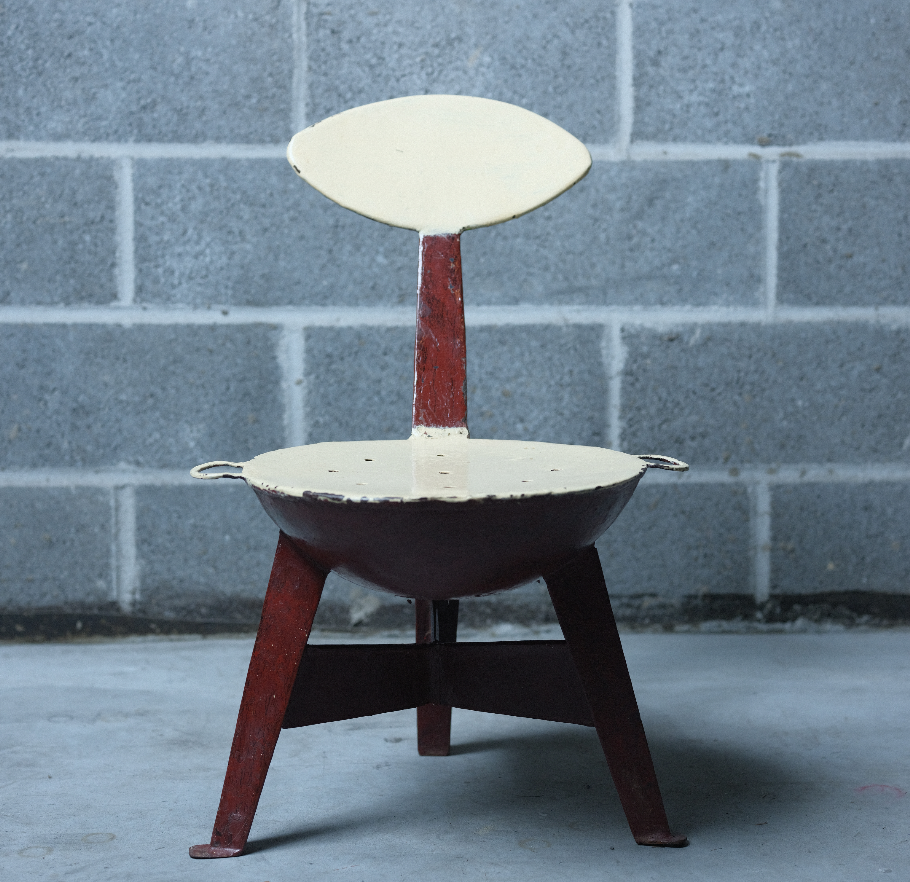

Read Now: The Multifaceted Applications of Sheet Wood
Current State of the Market:
The market for upcycling and reuse art is undergoing a dynamic transformation, reflecting a growing awareness of sustainability and environmental responsibility. Art enthusiasts and eco-conscious consumers alike are increasingly drawn to the allure of upcycled creations, contributing to a thriving market.
Online platforms, art fairs, and galleries have become vibrant marketplaces for upcycled and reused art pieces. These platforms provide artists with opportunities to showcase their innovative creations to a global audience, fostering a sense of appreciation for sustainable art.
However, the market is not without its challenges. The rise of digital art and mass-produced decor items poses formidable competition. Additionally, the cost of quality materials for upcycling can be a barrier for some artists. Nevertheless, the demand for unique, environmentally friendly artwork remains robust, presenting both emerging and established artists with opportunities to thrive in this evolving landscape. As sustainability continues to gain prominence, the market for upcycling and reuse art is poised for a promising future




Read Now: Shop +9 Unique Upcycled Sustainable Designs
Conclusion
In summary, upcycling and reuse art encapsulate the essence of sustainability and creative ingenuity. Artists, drawing inspiration from diverse art movements, have redefined conventional notions of artistic expression. The work of renowned artists like Leo Sewell, Brian Mock, Max McMurdo, and Cindy DeAntonio serves as a testament to the boundless possibilities that arise when discarded materials are transformed into remarkable pieces of art.
The market for upcycling and reuse art is in a state of growth, reflecting a global shift toward sustainability. While challenges such as digital competition and material costs persist, the demand for environmentally conscious and distinctive artworks remains robust. As the world continues to prioritize eco-friendly practices, the future of upcycling and reuse art appears promising, where artistry converges with environmental responsibility to create a more sustainable and inspired world.
Discover Upcycling and reuse Design on Adorno
-

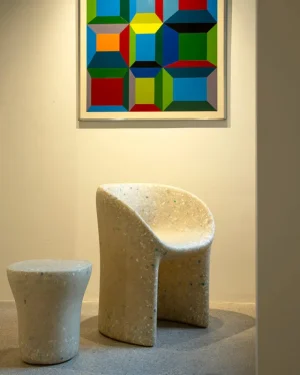 Richard Armchair + Judy Table Set | Faded-whiteBy ecoBirdy Vanbriel€940 incl. tax€940 incl. tax
Richard Armchair + Judy Table Set | Faded-whiteBy ecoBirdy Vanbriel€940 incl. tax€940 incl. tax -

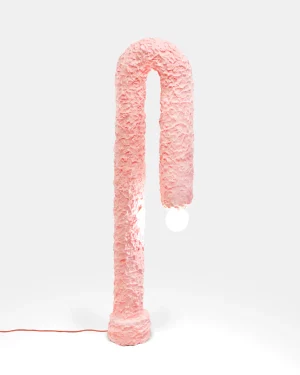 Lampadulure – PinkBy BehaghelFoiny€2.125 incl. tax€2.125 incl. tax
Lampadulure – PinkBy BehaghelFoiny€2.125 incl. tax€2.125 incl. tax -

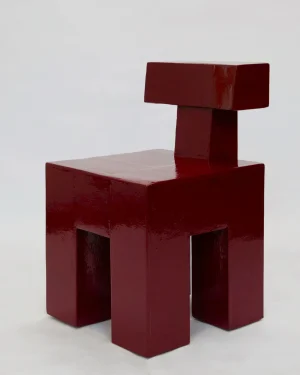 The Practice ChairBy Studio Fabius Clovis€2.750 incl. tax€2.750 incl. tax
The Practice ChairBy Studio Fabius Clovis€2.750 incl. tax€2.750 incl. tax -

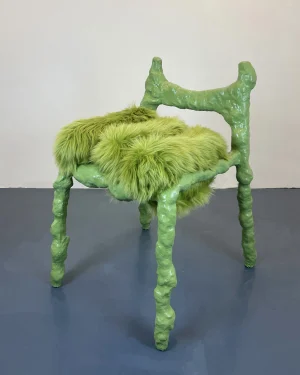 Monster ChairBy Maria Zakioso
Monster ChairBy Maria Zakioso -

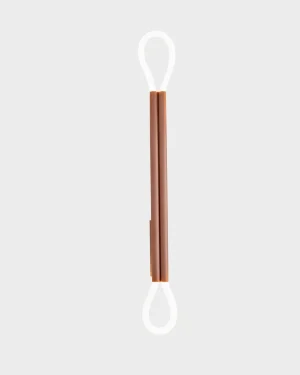 Temporal Collection, Light SconceBy Lucas Muñoz MuñozPrice range: €1.000 through €1.500 incl. taxPrice range: €1.000 through €1.500 incl. tax
Temporal Collection, Light SconceBy Lucas Muñoz MuñozPrice range: €1.000 through €1.500 incl. taxPrice range: €1.000 through €1.500 incl. tax -

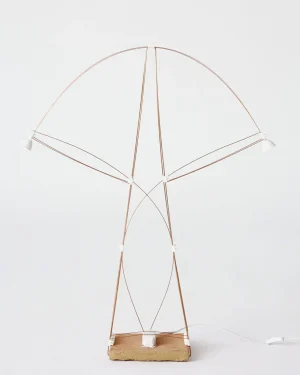 B.A.R.E Series, ‘Double’ Table LampBy Lucas Muñoz Muñoz€375 incl. tax€375 incl. tax
B.A.R.E Series, ‘Double’ Table LampBy Lucas Muñoz Muñoz€375 incl. tax€375 incl. tax -

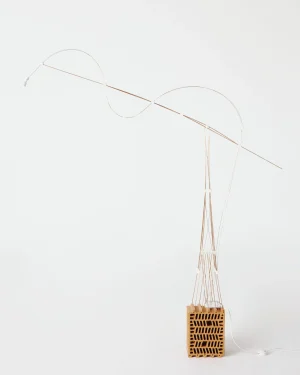 B.A.R.E Series, ‘Tall’ Floor LampBy Lucas Muñoz Muñoz€975 incl. tax€975 incl. tax
B.A.R.E Series, ‘Tall’ Floor LampBy Lucas Muñoz Muñoz€975 incl. tax€975 incl. tax -

 Ignorance Is Bliss Oval PlateBy Agne Kucerenkaite€83 incl. tax€83 incl. tax
Ignorance Is Bliss Oval PlateBy Agne Kucerenkaite€83 incl. tax€83 incl. tax -

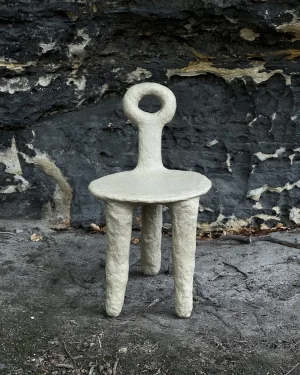 Sandstone ChairBy David Čáp€1.250 incl. tax€1.250 incl. tax
Sandstone ChairBy David Čáp€1.250 incl. tax€1.250 incl. tax -

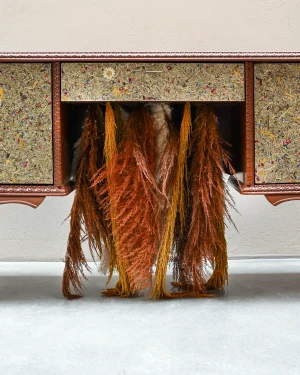 Earth Furniture DeskBy WOODTALES by Foteini Noti€3.906 incl. tax€3.906 incl. tax
Earth Furniture DeskBy WOODTALES by Foteini Noti€3.906 incl. tax€3.906 incl. tax -

 La Fourche Blanche / Wall Hanging // Reimagined TextileBy FabBRICK€1.584 incl. tax€1.584 incl. tax
La Fourche Blanche / Wall Hanging // Reimagined TextileBy FabBRICK€1.584 incl. tax€1.584 incl. tax -

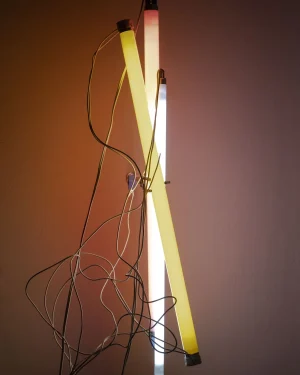 Extreme IlBy Busra Tunc€350 incl. tax€350 incl. tax
Extreme IlBy Busra Tunc€350 incl. tax€350 incl. tax -

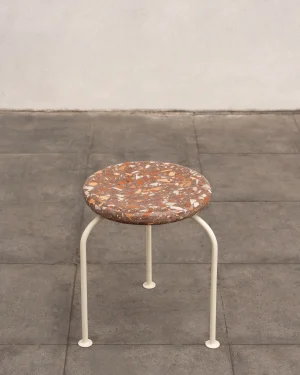 Brut – Terrazzo StoolBy Assimply Studio€450€450
Brut – Terrazzo StoolBy Assimply Studio€450€450 -


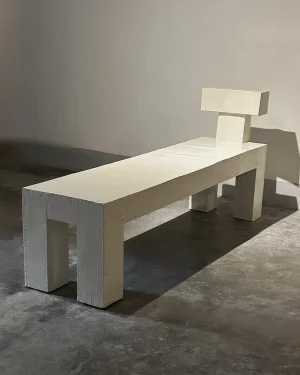 Practice Chaise LoungeBy Studio Fabius Clovis€3.410 incl. tax€3.410 incl. tax
Practice Chaise LoungeBy Studio Fabius Clovis€3.410 incl. tax€3.410 incl. tax -

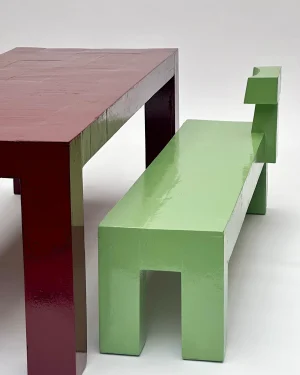 Practice Bench – Upcycled WoodBy Studio Fabius Clovis€4.125 incl. tax€4.125 incl. tax
Practice Bench – Upcycled WoodBy Studio Fabius Clovis€4.125 incl. tax€4.125 incl. tax -

 Revivalamp – Repurposed Table LampBy Shinjae Kim€500 incl. tax€500 incl. tax
Revivalamp – Repurposed Table LampBy Shinjae Kim€500 incl. tax€500 incl. tax -

 Mono – Dining Table LongBy Assimply Studio€10.175 incl. tax€10.175 incl. tax
Mono – Dining Table LongBy Assimply Studio€10.175 incl. tax€10.175 incl. tax -

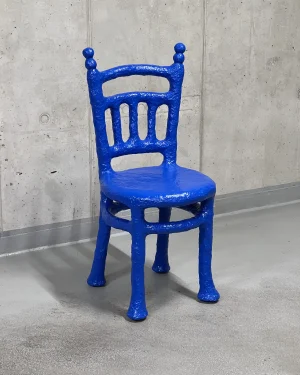 Blue Papier-mâché Chess ChairBy David Čáp€1.250 incl. tax€1.250 incl. tax
Blue Papier-mâché Chess ChairBy David Čáp€1.250 incl. tax€1.250 incl. tax -

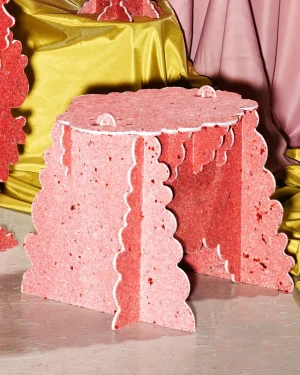 Really Rococo Stool II (Sample)By Ebba Lindgren€1.300 incl. tax€1.300 incl. tax
Really Rococo Stool II (Sample)By Ebba Lindgren€1.300 incl. tax€1.300 incl. tax -

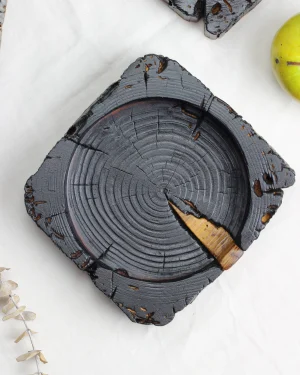 Bruciata Wooden TrayBy Gábor Góbi€189€189
Bruciata Wooden TrayBy Gábor Góbi€189€189

